Join us for our first History Pathways event, “Getting the Most Out of Your Emory History Major,” on Wednesday, October 2, from 12:30-1:30pm in Bowden Hall 323. The event is open to all students – from first year through seniors – who want to learn more about Emory’s History Department. The event will include pizza and soft drinks, and we will cover the many exciting opportunities we offer for undergraduates, such as Cuttino Fellowships and Clio Paper Prizes. We will also launch our “History Pathways” program, aimed at developing career mentoring and internship programs. If you plan to attend, please respond to the poll here. Reach out to Professor Judith A. Miller (histjam [at] emory [dot] edu) with any questions. 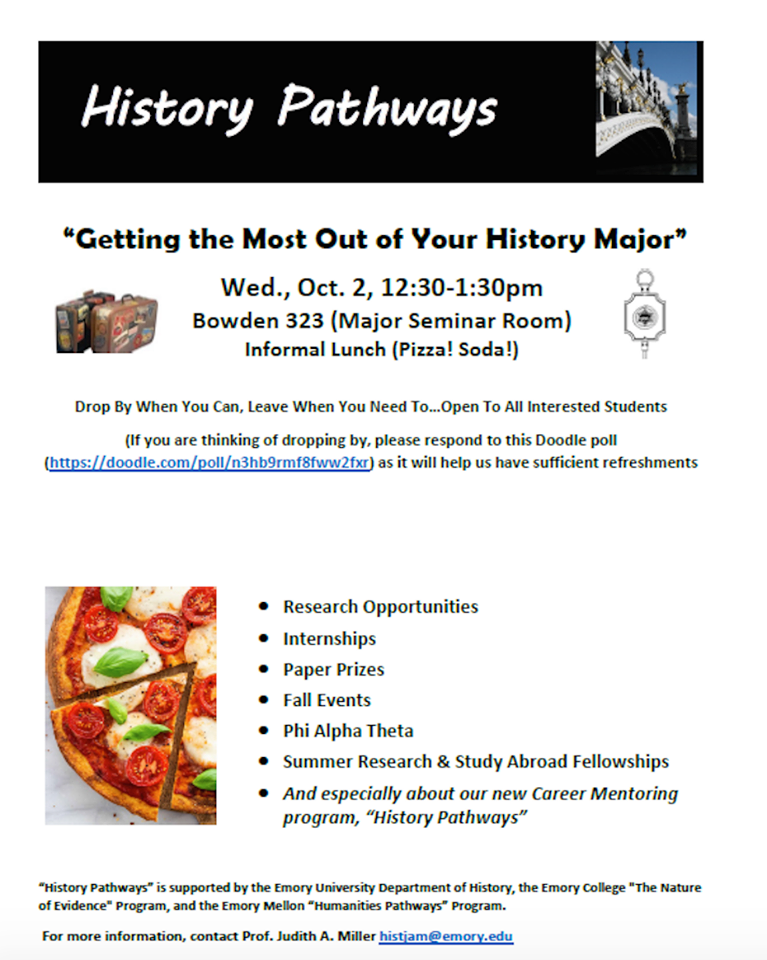
Month / September 2019
Alumni Update: Alexander Gouzoules (C’08) Publishes “The Diverging Right(s) to Bear Arms”
Alexander Gouzoules graduated from Emory College in 2008 and subsequently attended Harvard Law School. He recently published an article, “The Diverging Right(s) to Bear Arms: Private Armament and the Second and Fourteenth Amendments in Historical Context,” in the University of Alabama Civil Rights and Civil Liberties Law Review (Vol. 10, 2019). The blog Second Thoughts from Duke University recently featured Gouzoules’ piece in their Scholarship Spotlight series. Read part of their summary below, along with the full article here. Gouzoules is an attorney in New York City.
“The main thrust of the article is to emphasize and explore the nature and scale of change in how private armament was understood between 1791, when the Second Amendment was ratified, and 1868, when the Fourteenth Amendment (which makes the Second Amendment applicable to the states) was ratified. To over-simplify a bit: While private arms-bearing to deter the tyranny of the standing federal army might have made sense in the 1790s, the situation was entirely different by the late 1860s. In showing as much, Gouzoules deepens (and credits) an argument that Akhil Amar made more than a decade before Heller. Gouzoules’ target is not simply the Second Amendment, however, but originalism itself: ‘These radically different understandings can only be reconciled by defining the right to bear arms at such a high level of generality as to overlook the actual intentions of both amendments’ framers, thus undermining the project of originalism to which these contemporary decisions were ostensibly committed.’
Emory Faculty Impact Forum on “The Work of Death” to Feature LaChance and Dudziak
Emory University’s Office of the Provost regularly hosts faculty impact forums to stimulate interdisciplinary connection, collaboration, and community. Provost Dwight A. McBride will host the next forum in mid-November, which will focus on how to understand, conceptualize, and study the sociality of the dead. Two History Department faculty members will participate in the conversation, titled “The Work of Death”: Associate Professor Daniel LaChance and Mary L. Dudziak, associated faculty in the History Department and Asa Griggs Candler Professor of Law. Read more about the event on the flyer below and register here.
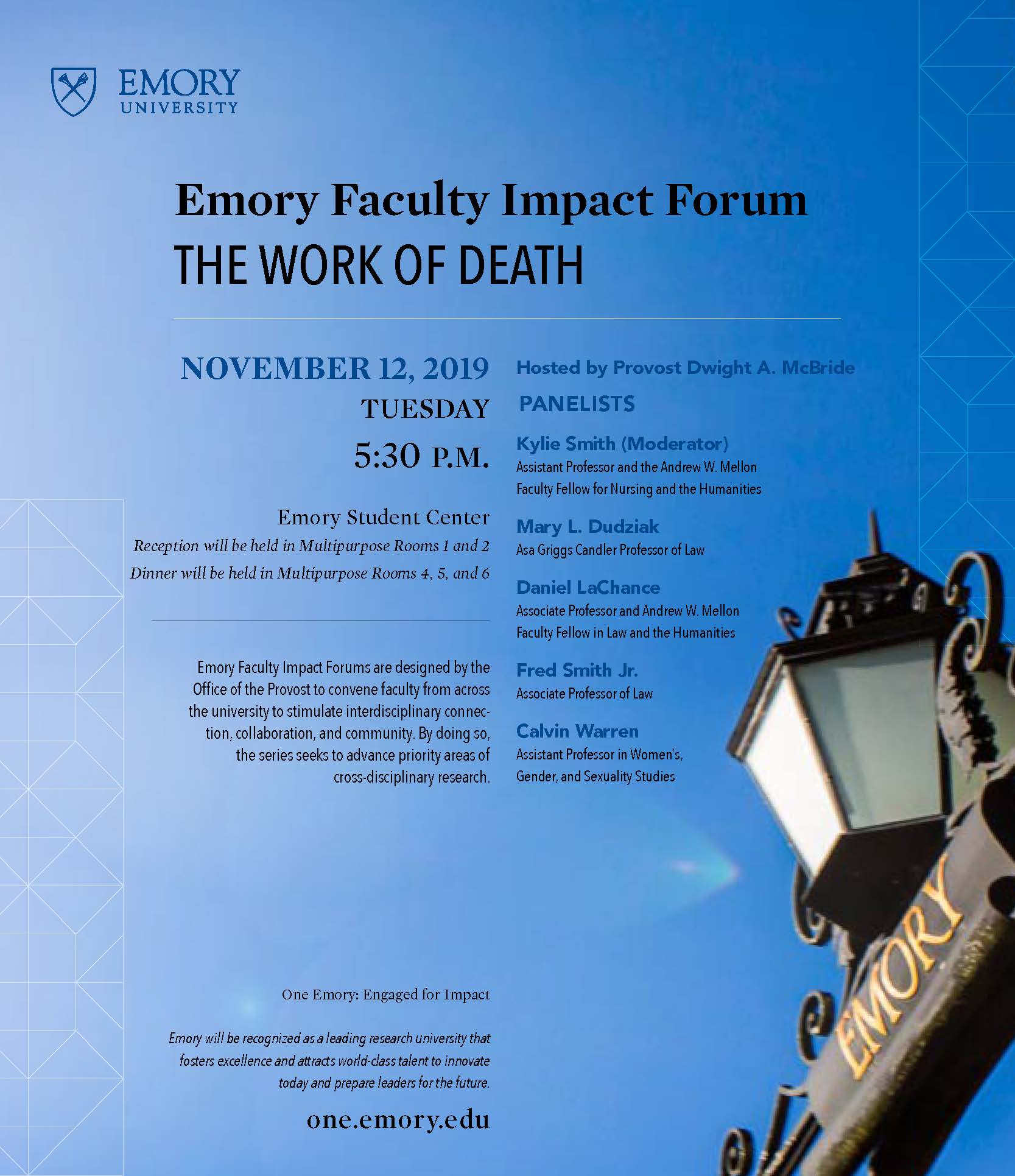
Daniel LaChance in ‘Process’: “Capital Punishment and the Battle for America’s Soul”
Associate Professor of History Dr. Daniel LaChance recently authored a piece for Process: a blog for american history. Entitled “Capital Punishment and the Battle for America’s Soul,” the article examines official and public stances on capital punishment, especially in the context of cultural wars of the late twentieth and early twenty-first centuries. LaChance, who is Andrew W. Mellon Faculty Fellow in Law and the Humanities, authored Executing Freedom: The Cultural Life of Capital Punishment in the United States with the University of Chicago Press in 2016. Read an excerpt of the Process piece below along with the full article here.
“These days, support for capital punishment is concentrated among whites, Protestants, and Republicans—key demographic constituencies of the conservative side of the late twentieth century culture wars. This may explain the unusual zeal with which the Trump administration has tried to prop up capital punishment despite its declining popularity. The federal government has not executed anyone since 2002, yet Attorney General William Barr recently announced that the Department of Justice would set December 2019 execution dates for five federal death row inmates…
“Given the symbolic value that the death penalty carried in the late twentieth century, Trump’s embrace of capital punishment is politically shrewd. His unapologetic enthusiasm for state killing plays to a white, Protestant, Republican base whose support for capital punishment has not faltered even as crime rates have fallen, perhaps because they see the death penalty as a positive good rather than a necessary evil. If that base shares the sensibility of their culture war forebears, support for the death penalty is not only a tool for controlling crime, but also an expression of allegiance to values—personal responsibility, the sacredness of innocent life, and the firmness of a nation’s convictions—that they feel have degraded in the United States since the 1960s. Trump’s defiant embrace of the death penalty is perhaps a sign to them that their nation is on its way to becoming great again.”
‘On Middle Ground,’ Co-Authored by Dr. Eric L. Goldstein, Wins Book Prize

The Southern Jewish Historical Association recently awarded the quadrennial book prize to On Middle Ground: A History of the Jews of Baltimore (Johns Hopkins UP, 2018), co-authored by Emory Associate Professor Eric L. Goldstein. Goldstein’s co-author is Deborah R. Weiner. On Middle Ground argues that Baltimore stands out among large U.S. cities in that it is neither fully northern nor fully southern, and that the Jews of Baltimore have shared in this “middle” position. The prize committee noted that the authors “consistently ask the question of how Baltimore differed from comparable communities while still reflecting the broad social and economic patterns with which scholars of American Jewish history are familiar.” Read another committee member comment below and order a copy of the book here.
“[One] committee member wrote that On Middle Ground ‘can stand alone as a history of an important American city as well as a history of Jews who settled there.’ That the authors also manage to accomplish this feat in a manner that has the potential for appeal to a wide readership makes On Middle Ground a volume truly deserving of the SJHS book prize.”
Welcoming New Faculty: Dr. Michelle Armstrong-Partida
In the Fall of 2019 the History Department welcomed four new faculty members, including Associate Professor Michelle Armstrong-Partida. Dr. Armstrong-Partida received her M.A. and Ph.D. from the University of Iowa and joins the Emory History Department from the University of Texas El Paso. Prior to her tenure at UTEP, she held the position of American Council of Learned Societies New Faculty Fellow in the Emory History Department.
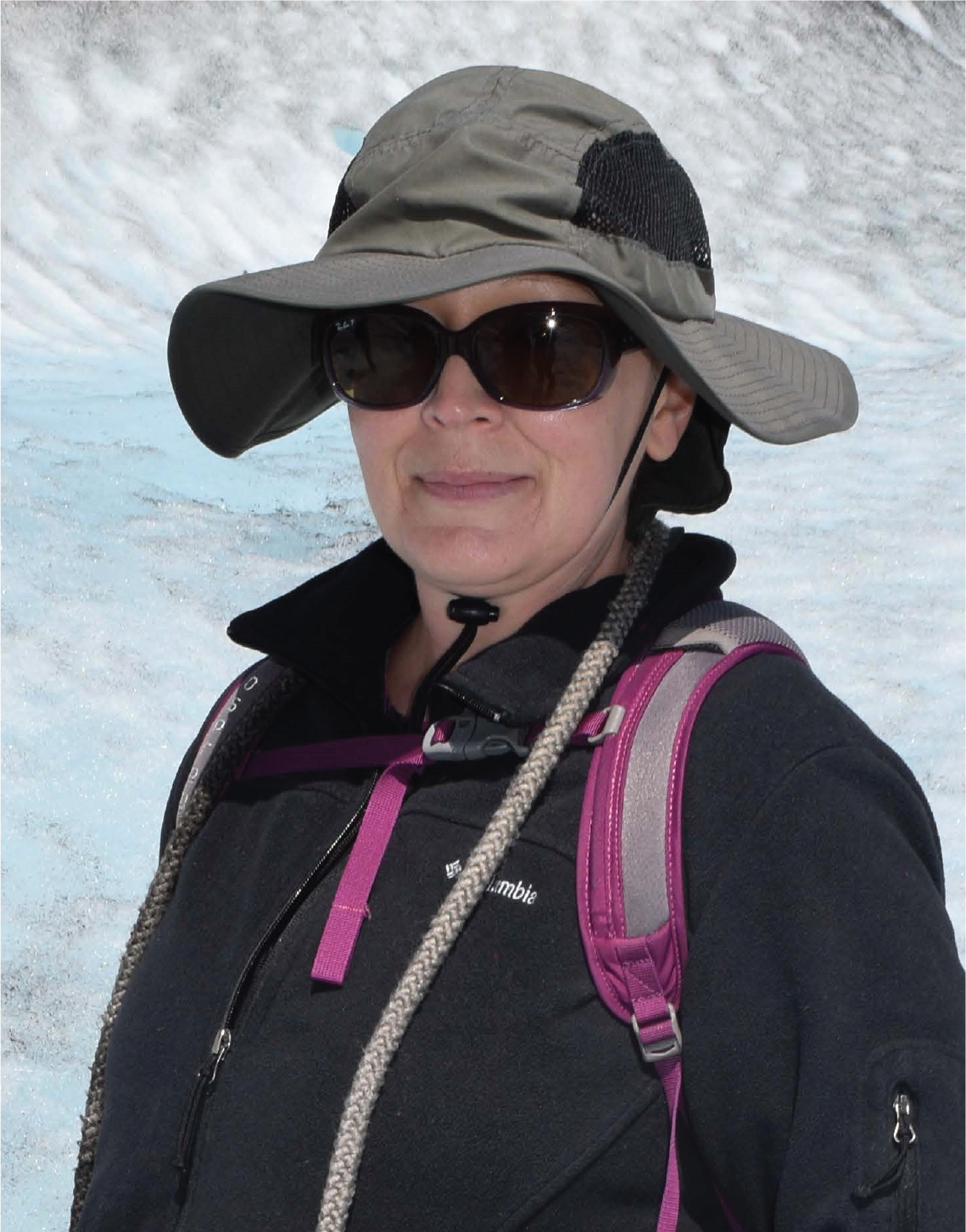
Armstrong-Partida is a historian of late medieval European history with specializations in the study of gender and sexuality, women’s history, and the sociocultural interactions of Christians, Jews, and Muslims in Iberia and the Mediterranean. Much of her research focuses on the intersection of masculinity, violence, the sexual practice of concubinage, and Mediterranean social customs. Cornell UP published Armstrong-Partida’s first book, Defiant Priests: Domestic Unions, Violence, and Clerical Masculinity in Fourteenth-Century Catalunya, in 2017. The project investigates how long-standing concubinous unions and clerical violence shaped the masculinity of priests two hundred years after canon law prohibited the most visible markers of adult masculinity for men, such as wives, children, and weapons. This book offers an alternative narrative to the effects of the eleventh-century reform movement that imposed celibacy on clergymen in the major orders and challenges the common assertion that celibacy was the defining characteristic of the medieval priesthood. Defiant Priests received three book awards from the Society for Medievalist Feminist Scholarship, the American Historical Association, and the American Catholic Historical Association.
Armstrong-Partida has recently received support from the Institute for Advanced Study (2018-2019) and the National Endowment for the Humanities (2019-2020) for her current book project, titled On the Margins of Marriage. This comparative study of concubinous unions among the peasantry, urban poor, and merchant class across the late medieval Mediterranean reveals how a concubinary relationship could be an important stage of life for both men and women as they transitioned into and out of marriage. The ambitious study is based on archival research in Barcelona and Valencia, Rome, Venice, Lucca, Pisa, and Palermo, as well as Marseille, Perpignan, and Toulouse. The research exposes the significant population of enslaved, single, married women, and widows, who by circumstance or choice, ended up in an informal union to weave the experiences of women at the lowest levels of society into an account of medieval people who remained on the margins of marriage.
Articles written by Armstrong-Partida have appeared in journals such as Gender & History, Journal of the History of Sexuality, and Cahiers de Fanjeaux (among others). She is also the co-editor, along with Alexandra Guerson and Dana Wessell-Lightfoot, of Women & Community in Medieval and Early Modern Iberia (University of Nebraska Press, forthcoming spring 2020). Armstrong-Partida has taught a range of graduate and undergraduate courses at Emory and UTEP, including “Coexistence & Intolerance: Christians, Jews, & Muslims in Premodern Europe,” “History of Women: Gender & Sexuality in Premodern Europe,” and “Religion, Sex, & Violence in Premodern Europe.”
Welcoming New Faculty: Q & A with Dr. Maria R. Montalvo
In the fall of 2019 the Emory History Department welcomed four new faculty members. In the third of four posts, the following profiles the work of Assistant Professor Maria R. Montalvo. Dr. Montalvo completed her Ph.D. at Rice University in 2018.
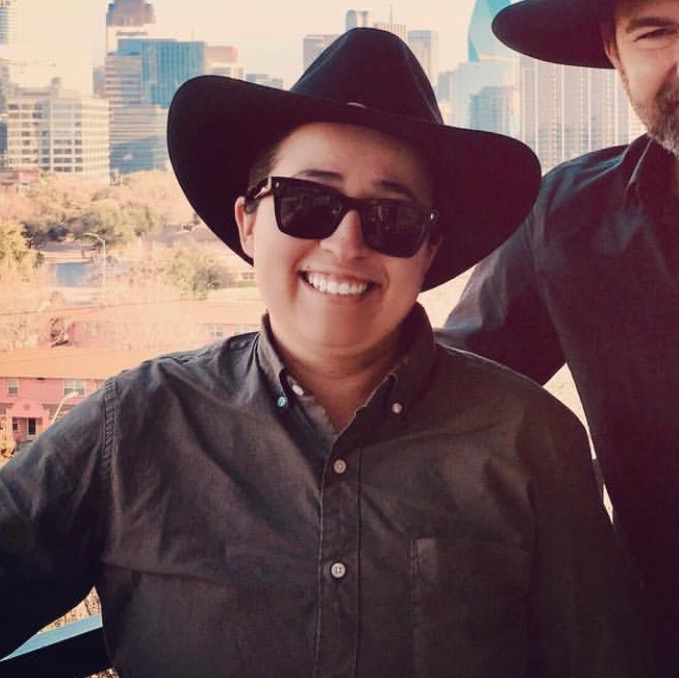
Tell us about the focus of your research and principal current project.
My research centers on the history of slavery, capitalism, and the law in the nineteenth-century United States. My current book project, tentatively titled “The Archive of the Enslaved: Power, Enslavement, and the Production of the Past,” examines the relationship between the production of enslaved property and the production of the past. Building on my analysis of over 17,000 sets of antebellum New Orleans court records, my project illuminates the significant connections between historical processes of commodifying enslaved human beings and the construction and preservation of the documentary archive.
Was there a particularly memorable moment from archival or field research that has had a lasting impact on your work or career?
Tracing an enslaved woman named Sarah Connor throughout much of her life and across the nineteenth century has been a transformative experience. Connor’s life and choices were shaped and constrained by the realities of living as an enslaved and, later, free woman of color in the nineteenth-century United States. Finally locating her last will and testament in Washington, D.C., after much time spent trying to learn about her through the words of her enslavers, was an experience I will not soon forget.
What sort of courses—undergraduate or graduate—are you most excited to offer at Emory?
I am most excited to offer courses for students at all levels where we can work together to not only learn about the past and how historians work to reconstruct it but also improve our reading, writing, and critical thinking skills. In the survey course I’ll be teaching this fall (American History Until 1877) as well as the senior research seminar I’ll be leading in the spring (Enslaved People and the Archive), the development of historical knowledge takes center stage in my classroom. I’m thrilled to be able to offer students the opportunity to do the work of historians while learning how to be more engaged individuals.
What drew you to Emory?
Emory not only expects but also does everything it can to make sure that its faculty have every opportunity to succeed as scholars and as teachers. From the moment I set foot on campus, I have had zero doubts that Emory’s supportive community as well as its commitment to its faculty and its students make it the perfect place for me to grow as an educator and a historian. The sky’s the limit here, and I look forward to becoming an active member of the history department and the wider Emory community.
History Department Welcomes Lakesia Hayes, New Undergraduate Academic Degree Coordinator

The History Department staff has grown this past summer with the addition of Lakesia Hayes, who serves as the undergraduate academic degree coordinator. Hayes is a native of Decatur, GA and has a passion for creativity and the liberal arts. She graduated from Georgia Southern in 2009 as an English/English Education major and then moved to South Korea to teach English as a Second Language to elementary students. Living abroad helped her gain an appreciation for cultural diversity, tradition, and history. She returned to the United States and eagerly stepped into the classrooms of the Dekalb County School System, where she taught for four years. While new to the History Department, Hayes is not new to Emory. Her most recent position was with Emory Healthcare, where she worked side by side with a surgical oncologist. Welcome, Lakesia!
WABE’s ‘Closer Look’ Features Dr. Carl Suddler

Assistant Professor Carl Suddler was recently interviewed by Rose Scott, host of the WABE (one of Atlanta’s NPR affiliates) show “Closer Look.” Suddler discussed his new book, Presumed Criminal: Black Youth and the Justice System in Postwar New York (NYU Press, 2019). Listen to the full show, “Closer Look: The History of Black Youth & The Criminal Justice System,” and check out the recent new faculty profile of Dr. Suddler.
Welcoming New Faculty: Q & A with Dr. Carl Suddler
In the fall of 2019 the Emory History Department welcomed four new faculty members. In the second of four posts coming in the next two weeks, the following profiles the work of Assistant Professor Carl Suddler. Suddler completed his PhD at Indiana University, Bloomington and was Assistant Professor of History at Florida Atlantic University before coming to Emory.
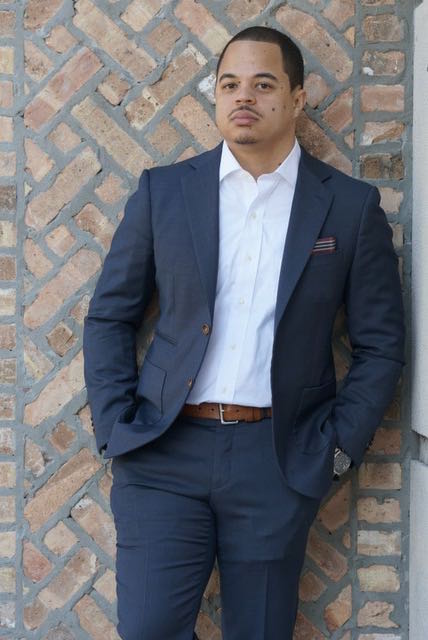
Tell us about the focus of your research and principal current project.
As a scholar of African American history whose research interests lie at the intersections of youth, race, and crime, I am committed to developing better understandings of the consequences of inequity in the United States. My research and teaching interests are related to twentieth-century U.S. history, African American urban history, histories of crime and punishment, the carceral state, sport history, and histories of childhood and youth. My first book, Presumed Criminal: Black Youth and the Justice System in Postwar New York (New York University Press, 2019) points to a critical shift in the carceral turn between the 1930s and 1960s when state responses to juvenile delinquency increasingly criminalized black youths and tethered their lives to a justice system that became less rehabilitative and more punitive.
In researching the criminalization of black youth for my first book, I was struck by how the state extended its surveillance powers through recreation and organized sports. As early as the late nineteenth century, there were calls from city authorities to increase recreational spaces and facilities to curb youth crime. It was assumed that to prevent delinquent behaviors, city authorities needed to better occupy youths’ idle time with structured activities that reinforced valuable life lessons, encouraged them to take instructions, and ordered them to follow rules. Thus, sports were used to distract youths from the social ills that city life presented––poor housing, disproportionate access to education, and inadequate healthcare––while providing an escape and promoting an ill-advised “way out” for its most vulnerable players.
In my current projects, I am examining these connections, including the unchallenged use of discretion in both sports and criminal justice, to bring together histories of the carceral state and sports studies.
Was there a particularly memorable moment from archival or field research that has had a lasting impact on your work or career?
I was in the throes of the archive for the first book when the Schomburg Center for Research and Black Culture in Harlem acquired James Baldwin’s personal papers. This was big for me, because Baldwin was engaged in some of the more critical moments of the New York City history that I touch on in the book and it allowed me to connect them to a historical giant.
What sort of courses – undergraduate or graduate – are you most excited to offer at Emory?
My research and scholarly insight relate directly to my teaching interests – so whenever, I have an opportunity to teach courses that engage various intersections of youth, race, and crime, I get excited. This semester, I’m looking forward to both undergraduate courses – a research seminar on sports in American history and culture and a postwar African American urban history course. In the Spring, I am planning to teach a graduate readings course on mass incarceration.
What drew you to Emory?
The students and the intellectual community drew me to Emory. When I was a postdoctoral fellow at the James Weldon Johnson Institute (jwji) for the Study of Race and Difference in AY2015–2016, I got a sneak peek about what it was like to be at Emory. I taught an undergraduate course, which allowed me to engage with students regularly –– and I was blown away by their level of dedication. I also engaged with various faculty and participated in a weekly colloquium with visiting scholars from across the country.